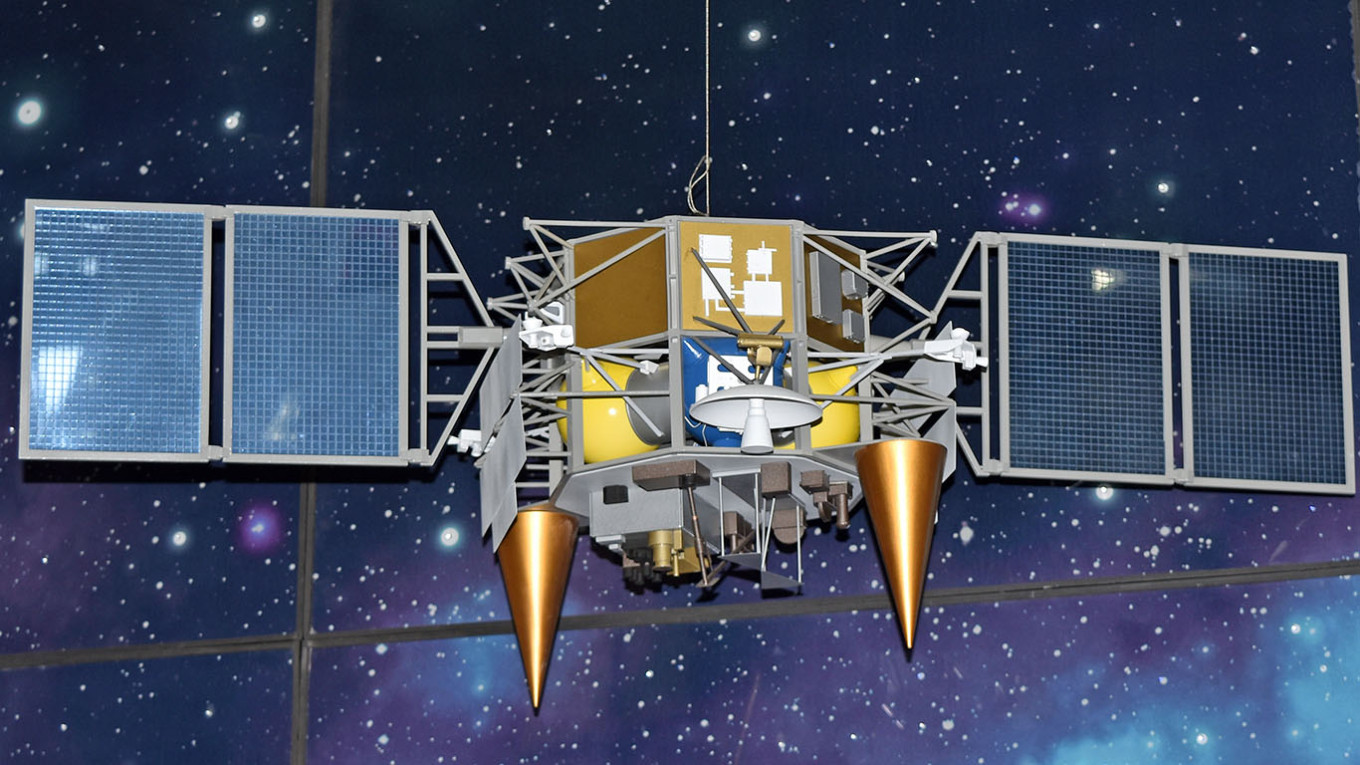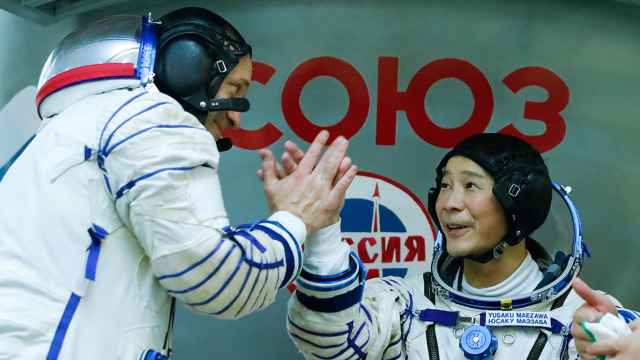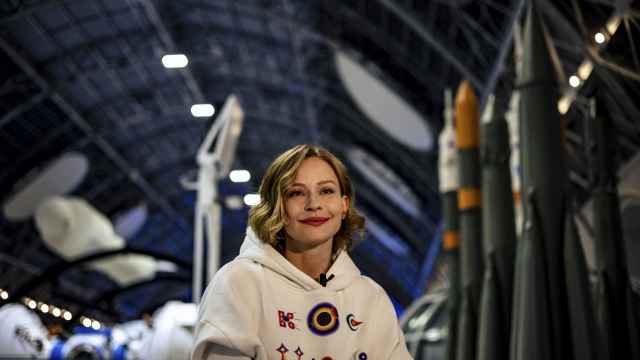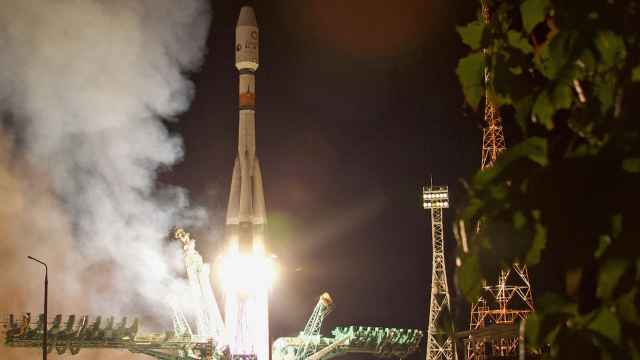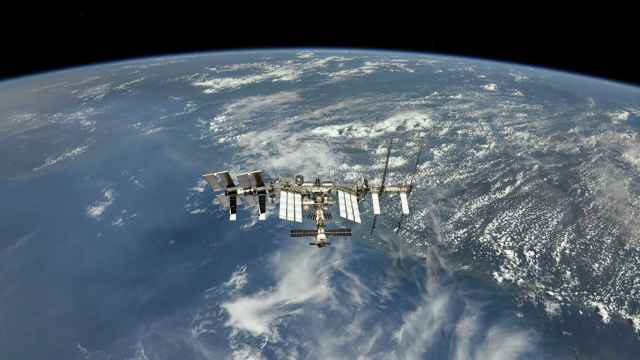Russia has postponed its next missions to the Moon and Venus by at least a year, pushing their launches to 2028 and 2036, respectively, the head of the Russian Academy of Sciences (RAS) said Friday.
The Luna-26 orbiter will search for suitable landing sites on the Moon, while the long-delayed Venera-D mission aims to study Venus’s extreme conditions and search for signs of simple life, RAS president Gennady Krasnikov told the pro-Kremlin newspaper Izvestia.
Russia’s state space agency Roscosmos has not yet confirmed the revised timeline.
Former Roscosmos chief Yury Borisov had earlier said Luna-26 would launch in 2027, with follow-up missions Luna-27 and Luna-28 slated for 2028 and 2030 or later. The Venus mission, previously rescheduled for the 2034-35 window, will now slip to 2036.
Krasnikov did not explain the delays, though RAS Space Research Institute director Lev Zeleny said in March that scientists were reluctant to “rush” aerospace firm NPO Lavochkina, which is designing the orbiter, lander and aerostats for the missions.
Krasnikov added that Lavochkina is responsible for more than half the Luna program’s equipment, and that “significant funds” had been allocated to upgrade the company to meet deadlines.
President Vladimir Putin this year earmarked 4.4 trillion rubles ($54.6 billion) for Russia’s national space program through 2036.
Russia’s last lunar mission, Luna-25, crashed during a pre-landing maneuver in August 2023 after years of delays. The country last successfully landed a spacecraft on the Moon in 1976, before turning its focus to Venus exploration and the Mir space station.
The Soviet Union’s Venera program remains the only one to have landed a probe on Venus, beginning with its first mission in 1970.
A Message from The Moscow Times:
Dear readers,
We are facing unprecedented challenges. Russia's Prosecutor General's Office has designated The Moscow Times as an "undesirable" organization, criminalizing our work and putting our staff at risk of prosecution. This follows our earlier unjust labeling as a "foreign agent."
These actions are direct attempts to silence independent journalism in Russia. The authorities claim our work "discredits the decisions of the Russian leadership." We see things differently: we strive to provide accurate, unbiased reporting on Russia.
We, the journalists of The Moscow Times, refuse to be silenced. But to continue our work, we need your help.
Your support, no matter how small, makes a world of difference. If you can, please support us monthly starting from just $2. It's quick to set up, and every contribution makes a significant impact.
By supporting The Moscow Times, you're defending open, independent journalism in the face of repression. Thank you for standing with us.
Remind me later.


